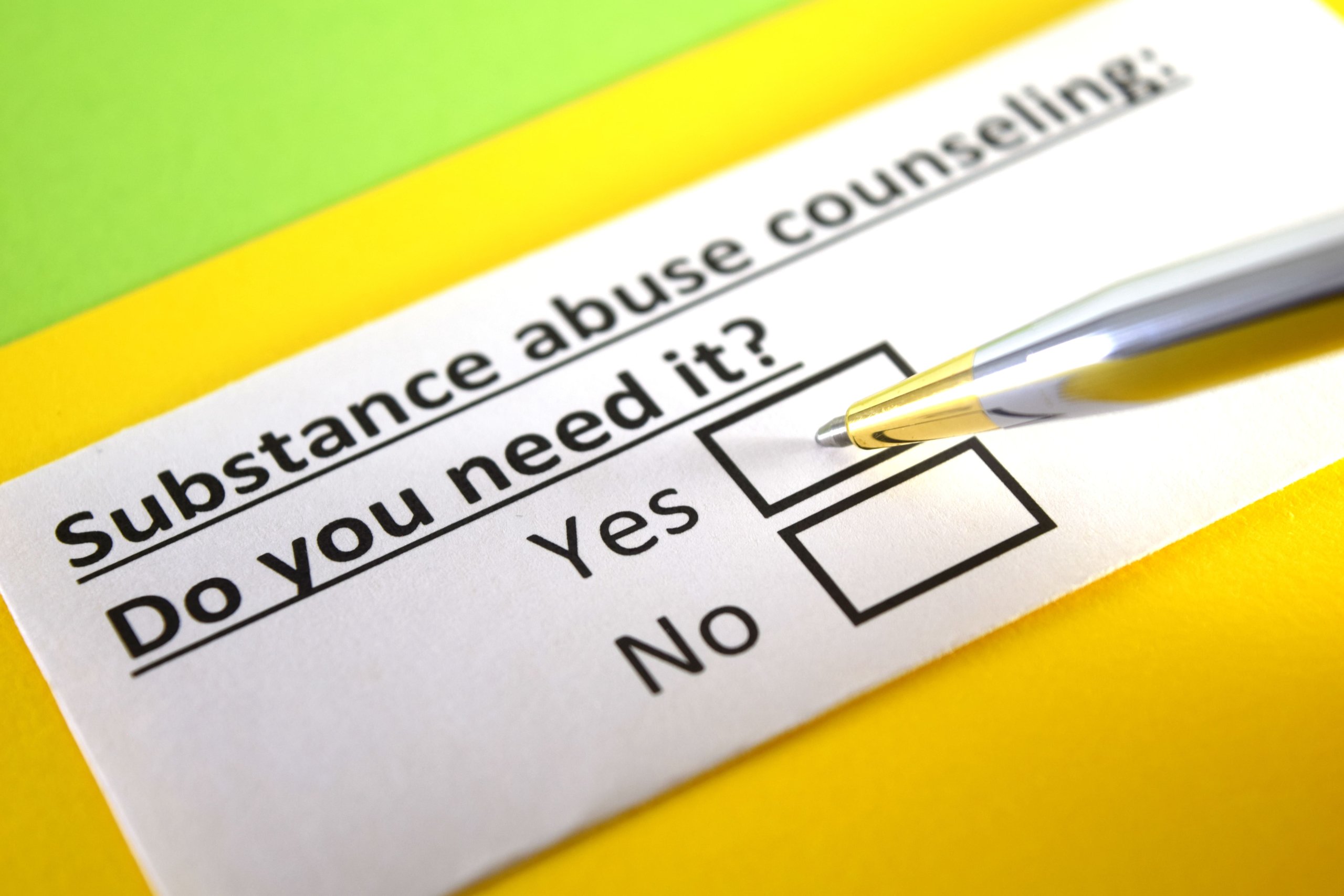Addiction is a tough battle, affecting countless people and families. But hope exists in the form of addiction treatment programs. These programs offer a lifeline, providing individuals with the tools and support needed to reclaim their lives from the clutches of addiction.
However, it’s important to recognize that not all addiction treatment programs are created equal. Their effectiveness can vary greatly depending on various factors.
So, how do you know which one is right for you or a loved one?
In this article, we’ll talk about what makes a program effective, the different types out there, and the key things to look for when choosing one. Whether you’re personally struggling or know someone who is, understanding how these programs work is a big step toward recovery.
Understanding Addiction Treatment Programs
These programs differ in intensity, duration, and approach to meet the unique needs of those seeking help. Here’s a breakdown of some common types:
Long-term Addiction Treatment Programs
These programs usually involve staying at a treatment center for 90 days or more, offering a structured setting for in-depth therapy, counseling, and support.
They often use evidence-based methods like cognitive-behavioral therapy (CBT) and motivational interviewing to address the underlying causes of addiction and develop coping mechanisms.
Outpatient Addiction Treatment Programs
Outpatient programs offer flexibility for those who don’t need residential care or have other commitments. These programs provide therapy, counseling, and medication-assisted treatment (MAT) on a scheduled basis, so patients can keep living at home while getting the support they need.
Other Addiction Care Treatment Programs
There are also specialized programs designed to meet specific needs or groups. Examples include:
- Gender-specific programs: These offer support and therapy in a single-gender setting, recognizing the unique challenges men and women face in recovery.
- Adolescent programs: Made for teens and young adults, these focus on the developmental and social issues that contribute to addiction in younger people.
- Culturally-sensitive programs: These programs acknowledge the role of cultural background in addiction and recovery, offering support that’s relevant to different cultures.
Every addiction treatment program is a bit different, with its own methods and focus based on its philosophy and who it’s designed to help. Some might specialize in certain addictions, like opioids or alcohol, while others focus on mental health issues alongside addiction.
It’s important to explore different options and find a program that fits your specific needs and preferences.
Factors Influencing Effectiveness
The success of addiction treatment programs depends on a few important factors:
Staff and Information
The heart of any good program is its staff. Skilled and caring professionals—like therapists, counselors, and medical experts—are key to providing effective treatment and support. It’s important to find programs with experienced staff who are truly committed to helping people achieve long-term recovery.
On top of that, having access to comprehensive information about addiction and recovery is essential.
Programs should help clients fully understand their condition, treatment options, and how to prevent relapse. This knowledge gives people the tools they need to make informed choices and stay involved in their recovery process.
Client-Program Fit
Another important factor is how well the program fits the individual.
Some rehab centers focus on accepting clients who fit their specific treatment model or philosophy. This can help make sure the care is tailored to their needs and increase the likelihood of successful outcomes.
However, it’s essential for all programs to properly assess whether a client is a good match. If they don’t evaluate this well, the client might not get the right support, which could lead to less effective treatment and a higher chance of relapse.

Measuring Success: Addiction Recovery
When looking into addiction recovery treatment programs, ask about their success rates. While success can mean different things, programs should be able to provide data on things like how many people complete the program, relapse rates, and long-term sobriety.
Keep in mind that comparing success rates between programs can be challenging since they might measure things differently or work with different types of clients.
Another sign of a program’s effectiveness is the level of alumni involvement and ongoing support.
Programs with strong alumni networks and aftercare services show they’re committed to long-term recovery. An active alumni community can offer helpful peer support, mentorship, and encouragement for those facing the challenges of staying sober.
It’s important to be aware that completing treatment is a big hurdle for many. Statistics show that fewer than 43% of people who enter a drug or alcohol treatment program actually complete it. But with the right support and commitment, reaching the finish line is possible, and it can be the start of a healthier, more fulfilling life.
Ultimately, measuring success in addiction recovery is an ongoing process. Recovery is a journey, not a destination, and setbacks are a normal part of it. Effective treatment programs give people the tools and support they need to stay on the path to sobriety.
Key Considerations for Choosing an Effective Addiction Treatment Program
Choosing the right addiction treatment program is a big decision that can really affect your recovery journey. It’s important to be informed and think about what matters most to you.
Here are some key things to look into and questions to ask when checking out different programs:
Insurance
First, check what your insurance covers for addiction treatment. Find out which programs and services are included in your plan, and what you might have to pay out-of-pocket. You can do this by reviewing your policy documents or contacting your insurance provider directly.
Detoxification
If you’ve been using substances like alcohol or opioids heavily, you might go through withdrawal when you stop. Withdrawal can be uncomfortable and, in some cases, dangerous. Medical detox provides a safe, supervised environment to help manage these symptoms.
If you think you might need medication to help with withdrawal, make sure the program offers medical detox services.
Here are a few things to consider about detox:
- Does the program offer detox on-site, or do they refer you to another facility?
- What medications do they use to help with withdrawal?
- How long does detox usually take?
- What kind of medical and support staff will be there during detox?
If you’re not sure whether you need medical detox, consult with a healthcare professional to figure out what’s best for you.
Age Range
Addiction affects people of all ages, and many treatment programs focus on specific age groups.
To make sure the program fits your needs, here are some questions you might want to ask:
- What’s the typical age range of people in your program?
- Do you have specialized programs or groups for certain age groups (like teens, young adults, or older adults)?
- How does your program handle the specific needs and challenges of people in my age group?
Benefits of Age-Specific Treatment
- Peer Support and Connection: Being around people going through similar life experiences can create a sense of belonging and understanding.
- Less Intimidation: Some people might feel more comfortable opening up in a group with others their own age.
- Focus on Relevant Issues: These programs can tackle issues specific to each group, like peer pressure for teens or age-related health concerns for older adults.
Location
The location of the treatment program can play a big role in your recovery experience. Here are a few things to think about:
- Proximity to Home: Being closer to home makes it easier to get family support and could help you transition back into your daily life after treatment.
- Avoiding Distractions and Triggers: If your home environment has a lot of temptations, going to a program in a different city or state could give you a fresh start in a more supportive space.
- Environmental Preferences: Would you do better in a peaceful, nature-filled setting or thrive in a busier, urban environment? Think about what kind of setting would work best for you during treatment.
- Travel Logistics: Consider how easy and affordable it will be to travel to and from the treatment center, especially if you have ongoing responsibilities.
Visitor Policies and Family Involvement
Family and loved ones play a huge role in addiction recovery. Having supportive relationships can really boost your chances of long-term success. When considering treatment programs, make sure to ask about how they involve family and what their visitor policies are:
- What are the visiting hours and days?
- Where do visits happen (designated areas, client rooms, common spaces)?
- Are there any restrictions on who can visit?
- Does the program have a “blackout period” at the start where visitors aren’t allowed? (This is pretty common to give clients time to adjust to treatment.)
You can also ask these additional questions about family involvement:
- Does the program offer family therapy sessions?
- Are there support groups or educational programs for families?
- Does the program involve family in aftercare planning?
If staying connected with loved ones is important for your recovery, look for programs that actively support family involvement.
Alumni Engagement
Strong alumni involvement is usually a sign that a program cares about long-term recovery.
Benefits of Alumni Programs
- Ongoing Support: Alumni programs offer continued support after treatment, which can be crucial in preventing relapse and staying sober.
- Peer Mentorship: Connecting with alumni who’ve been through recovery can provide inspiration, encouragement, and practical advice.
- Job Assistance: Some alumni programs offer resources or connections to help people find jobs, giving extra support in building a stable, sober life.
Questions to Ask
- Do you have an alumni program?
- What kinds of alumni activities or events do you offer?
- How do you keep alumni connected? (online forums, social media groups, etc.)
- Are there any special resources or support just for alumni?
Faith-Based Options
For many people, spirituality and faith are a big part of their recovery. If this is important to you, look into how different programs include these aspects:
- Spiritual Practices: These programs often include things like prayer, meditation, scripture study, and religious counseling as part of the treatment.
- Values-Based Approach: They focus on values like forgiveness, compassion, and helping others as key parts of the healing process.
- Connection to a Higher Power: Faith-based programs encourage building a relationship with a higher power for strength and guidance.
- Community Support: Many of these programs offer a strong sense of community through shared religious beliefs and practices.
Questions to Ask
- What faith tradition does the program follow?
- How is spirituality included in the daily schedule and treatment?
- Are there chances for religious worship or spiritual guidance?
- Will I have to join in on religious activities, or are they optional?
12-Step Integration
Originally developed by Alcoholics Anonymous (AA), many programs use the 12-step approach. This focuses on admitting powerlessness over addiction, turning to a higher power for help, and making amends for past mistakes.
Programs may encourage or require attendance at 12-step meetings like AA or Narcotics Anonymous (NA).
Some programs also offer 12-step facilitation therapy. This therapy helps clients work through the 12 steps in a structured way, giving them guidance and support as they apply the steps to their own recovery.
If you’re thinking about a faith-based program or one that uses 12-step principles, you may want to make sure the approach fits with your own beliefs and values.
Finding Your Path to Lasting Recovery
As we’ve covered, the success of addiction treatment programs depends on a lot of different factors. Everything from the staff’s qualifications to how the program involves family plays a role in shaping someone’s path to sobriety.
While statistics may paint a varied picture of treatment outcomes, it’s important to remember that recovery is always possible. Finding the right program that fits your needs, preferences, and beliefs can make all the difference.
Seeking help is a sign of strength and starting your recovery journey is a brave step. Take your time, ask questions, and trust your instincts as you move forward.
Ready to take the next step? Check out our addiction treatment programs at Taste Recovery and discover how we can support you on your journey to lasting wellness.
Table of Contents
Chapter Navigation
Continue Reading
Chapter 3
This chapter looks at the important partnership between healthcare providers and substance abuse treatment centers, showing how they work together to tackle both the physical and mental sides of addiction.
Chapter 4
In this chapter, we explain how treatment centers use assessments to understand each person’s needs and create a personalized substance abuse treatment plan.
Chapter 5
This chapter breaks down the factors that influence substance abuse treatment costs and explores different payment options, including financial assistance programs.


